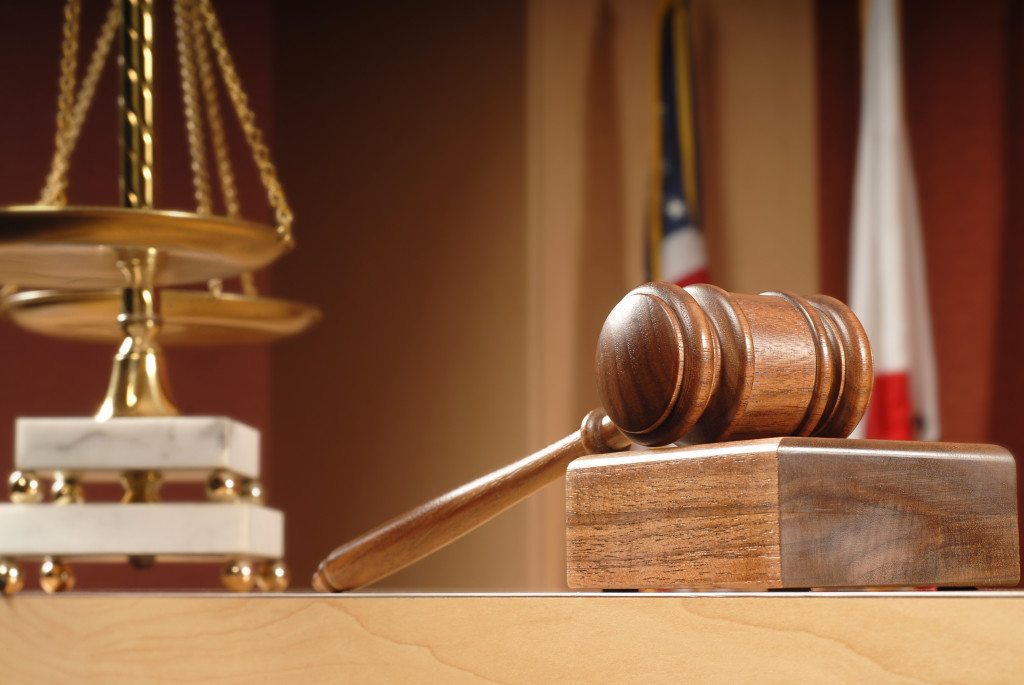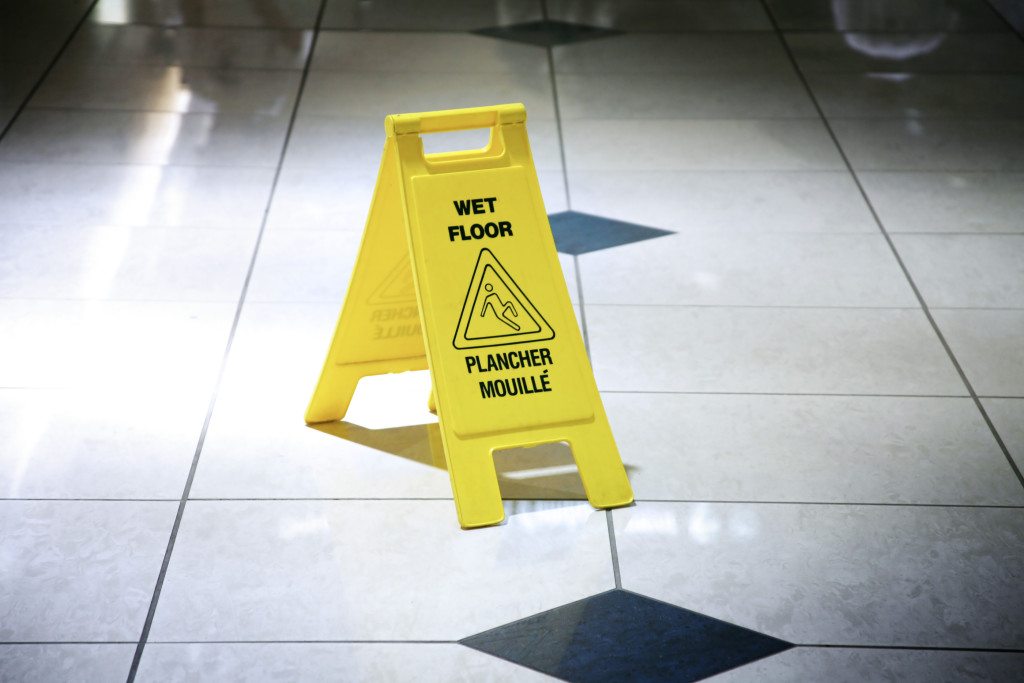Each year, thousands of people are seriously injured by slip and fall accidents. In fact, along with car accidents, slip and fall accidents are one of the most common sources of personal injury lawsuits. While slip and fall accidents can result in large verdicts being awarded to the plaintiff, a few legal elements need to be in place before a plaintiff can recover any compensation for their injuries. If you were injured on someone else’s property in Philadelphia, this article will help you understand some basic points about the legal process that comes next.
The statute of limitations is arguably the number one most important fact plaintiffs should be aware of. In plain language, the statute of limitations is the legal deadline for filing a lawsuit — and if the deadline is missed, the plaintiff is effectively out of luck. The slip and fall case will be barred from advancing any further through the court system. That means no closure for the victim, no accountability for the accident, and no compensation for the injury.

The statute of limitations varies, depending on two factors: the state which has jurisdiction over the case, and the nature of the issue which initiated the lawsuit. In Pennsylvania, for instance, the statute of limitations for personal injury is two years, counting down from the date the injury was sustained. New Jersey coincidentally happens to share the same two-year deadline, but in other states, the allotted timeframe can be much longer or shorter. No matter where you are located, it’s critically important to make sure you’re familiar with the relevant statute of limitations in your state.
If you intend to sue a public entity, such as the City of Philadelphia or Commonwealth of Pennsylvania, it’s also important to familiarize yourself with special rules for suing the government. In these cases, you are required to provide proper notice of your claim within six months — a quarter of the time you would normally be allotted.
That being said, plaintiffs should never wait until the last minute to bring a lawsuit. This applies regardless of whether the defendant is a private company, a public entity, or an individual person. If you cut it close and wait until the deadline is around the corner, the attorney you contact may not have enough time to adequately investigate or prepare a case on your behalf. When it comes to litigating personal injury, it’s always to get the earliest start possible. If you’re a habitual procrastinator, this is one task you don’t want to put off.
Injuries are always frustrating, no matter how they happen. But in order for a plaintiff to recover any compensation from a slip and fall lawsuit, the cause of the injury absolutely must be rooted in the actions (or inaction) of the landlord, manager, or property owner upon whose land or in whose building the accident occurred. Contrary to popular belief, landlords and property owners do not instantaneously assume liability for each and every accident which happens to take place on their premises. The defendant themselves, or the policies they implement, must have caused the accident in order to be liable for providing compensation, a concept which is called “causation.” If a plaintiff is injured purely by their own carelessness, such as tripping over a computer cable they forgot to unplug, the property owner cannot be held legally responsible, as a trip and fall lawyer in Philadelphia, PA knows.
When both parties contribute to an accident, skilled legal counsel can make the difference between a significant recovery and no compensation at all. The defense might try to argue that you “were comparatively negligent” because you ignored safety signage, failed to watch where you were going, or weren’t appropriately dressed for the environment where your accident took place.
In most cases, premises liability, which describes liability for injuries occurring on indoor or outdoor properties, enters the picture by way of negligent property maintenance, as a slip and fall lawyer in Philadelphia, PA can explain. Some common examples include failing to prune dead foliage, keeping paths and walkways reasonably clear of debris, failing to mark leaks and slippery spots, and installing dim lighting.

If the property owner was aware that these or other hazards existed (or were in the process of developing), yet failed to take reasonable and appropriate steps to repair or at least isolate the hazard, there is a chance that he or she will be liable for any injuries and/or property damage which occurred as a result of the negligence. All landlords and property owners have a duty of care to maintain safe, structurally sound, code-compliant conditions for tenants, visitors, and clients — and the failure to do so, within reasonable bounds, constitutes a breach of that duty.
In addition to causing an accident by breaching their duty of care, the defendant’s actions must have also brought actual harm to the plaintiff. While a close call with no consequences is a frightening and frustrating event, the plaintiff must have been financially or physically injured in order to have a case.
If you or one of your family members was hurt at work or while on another person’s property, you may be able to recover compensation to help make up for your medical bills, missed income, and other losses and expenses. The Philadelphia slip and fall lawyers of The Wieand Law Firm fights aggressively to represent the rights of slip and fall accident victims. To learn more about your legal options in a free, private, no-obligation consultation, call experienced premises liability lawyer Brent Wieand at (888) 789-3161 today.
***Disclaimer: This article is for informational purposes. It is not legal advice and should not be used as legal advice.***